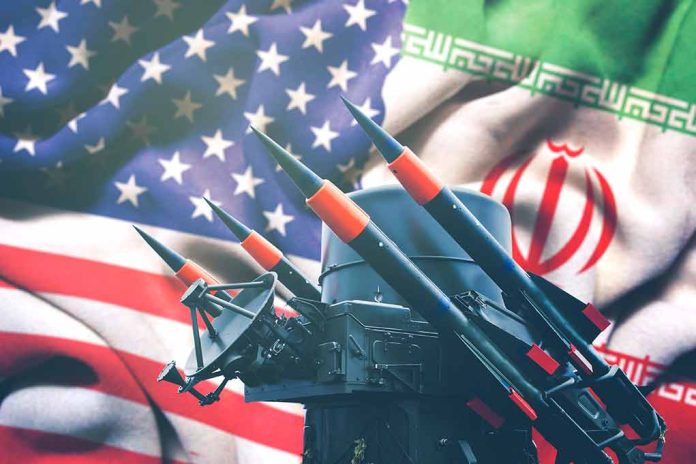
Iran’s foreign minister’s upcoming visit to Russia ushers in a renewed era in nuclear negotiations with the United States.
Key Takeaways
- Iran’s Foreign Minister Abbas Araghchi is slated to meet with Russia’s Foreign Minister Sergei Lavrov to discuss Iran’s nuclear talks with the U.S.
- The discussions between Iran and the U.S. have been termed “positive” and “constructive” with Oman as a mediator.
- The focus of any nuclear deal will be dedicated to verifying Iran’s uranium enrichment program.
- The U.S., under President Trump, is re-engaging with Iran on nuclear issues after returning to office.
- Western suspicions persist regarding Iran’s nuclear intentions, despite its claims of peaceful purposes.
Meeting Russia as a Strategic Ally
Iran’s Foreign Minister Abbas Araghchi’s forthcoming trip to Russia includes a meeting with Minister Sergei Lavrov, setting the stage for decisive conversations regarding Iran’s nuclear pursuits and U.S. diplomacy. Establishing dialogue with Russia implies a strategic alliance, as both aim to rebuild accord following the collapse of the 2015 nuclear agreement. Iran’s efforts underscore their commitment to diplomatic engagement, supported by Russia as one of the deal’s original signatories.
More than a mere consultation, their conversations in Russia represent a proactive step toward not only discussing nuclear activities but potentially lifting economic sanctions. Iran insists discussions will prioritize nuclear matters, leaving other topics aside to focus energy on what truly impacts international security.
Iranian political analyst and former diplomat Hossein Alizadeh said the upcoming visit of Iran's foreign minister Abbas Araghchi to Moscow indicates that both Tehran and Washington "place special importance on Russia."
The trip comes days after US special envoy Steve Witkoff…
— Iran International English (@IranIntl_En) April 14, 2025
Positive Developments in Talks
The recent meeting mediated by Oman between Iran and the United States has been described as “positive” and “constructive.” The momentum gained from these talks is crucial, signifying a fresh foundation for addressing the ongoing nuclear dispute. As stated by Steve Witkoff, “The first meeting was positive, constructive, compelling,” underscoring the optimistic approach both nations are currently pursuing.
Among the key agreements is the focus on the verification of Iran’s uranium enrichment program, a vital element in any future agreement. Such procedural checks are meant to allay Western concerns about Iran’s potential development of nuclear weapons and to ensure global compliance with nonproliferation treaties.
Iran's foreign minister is to visit ally Russia this week to discuss nuclear negotiations with the …https://t.co/0WC6bltdfs pic.twitter.com/Vv03JpvoWV
— GVS (@GVS_News) April 15, 2025
The Road Ahead
The Iran nuclear dialogue carries international implications with ongoing speculation about Iran’s intentions and regional influence. The U.S.’s re-engagement is a notable reversal, indicating a policy shift towards diplomacy. President Trump’s renewed focus on Iran highlights the strategic significance of resolving these issues peacefully.
Future talks are being planned, with venues under consideration including Rome and Geneva. Efforts to come to an agreement serve as a beacon of hope for reducing the ongoing friction that has burdened international relations for years. Through cooperation and assertive negotiation, there is potential to reach a peaceful resolution, enhancing regional stability.





